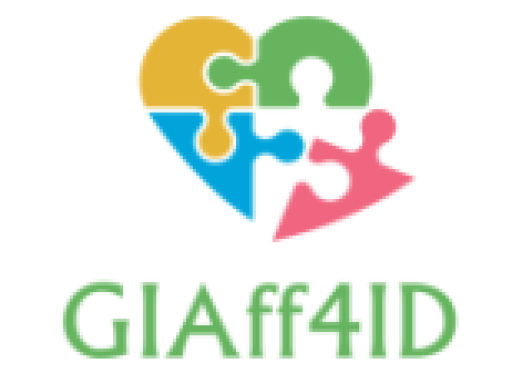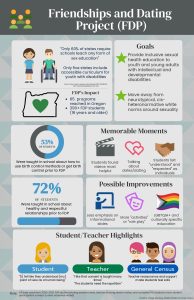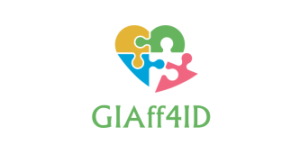This section contains national reports developed as part of the Games for Improving Affectivity in Youngsters with Intellectual Disabilities (GIAff4ID) project. Each report summarizes findings from desk research and interviews conducted in different countries, focusing on how young people with intellectual disabilities understand sexuality, relationships, and affectivity. The reports highlight key challenges, knowledge gaps, and recommendations for improving sexual education and support for this vulnerable group, offering valuable insights for youth workers, educators, and policymakers.
This report presents findings from desk research and interviews, exploring how young people with intellectual disabilities (YPWID) perceive relationships, sexuality, and sex education.
The report highlights significant gaps in Bulgaria’s sexual education system, noting that comprehensive sexual education is not compulsory, and much of it is integrated into other subjects like biology or life skills. The lack of a structured curriculum leaves many young people, particularly those with intellectual disabilities, with limited knowledge about sexual health, relationships, and consent. The interviews reveal that most YPWID do not receive formal sex education, relying instead on friends, media, or the internet for information.
The report stresses the importance of tailored educational materials and specialized training for youth workers and educators.
This report summarizes the findings of desk research and interviews conducted with young people with intellectual disabilities (YPWID), focusing on their understanding of sexuality and relationships.
The report outlines key findings on how YPWID comprehend relationships, friendship, romantic relationships, and sexual education. It highlights gaps in their knowledge and the challenges they face, such as limited familiarity with sexual education and difficulty grasping complex emotional concepts. The report also includes insights from youth workers and professionals, emphasizing the importance of tailored materials and training for addressing these sensitive topics.
–
This report presents the findings of desk research and interviews conducted with young people with intellectual disabilities (YPWID), particularly regarding their understanding of sexuality and relationships.
The report details key results from interviews on how YPWID perceive relationships, friendship, and romantic relationships. It highlights a lack of proper sex education in Greece, with YPWID mostly learning about these topics from family or friends. The findings also show that YPWID struggle with concepts such as consent, sexual desire, and safe sex practices.
Youth workers and professionals involved in the interviews emphasized the need for better training and resources to support YPWID in understanding sexuality.
This report presents the findings from desk research and interviews conducted with young people with intellectual disabilities (YPWID), focusing on their understanding of sexuality and relationships.
The report highlights that sex education is not compulsory in Spanish schools, with most young people learning about sexuality from the internet or friends. There is also a lack of specific sex education for YPWID, and overprotection by families often limits their opportunities to experience intimacy. Legal frameworks in Spain do address sexual and reproductive rights, but practical implementation, especially for people with disabilities, remains limited.
The interviews revealed that YPWID struggle to differentiate between friendship and romantic relationships, with little understanding of sexual orientation, consent, or the boundaries between sex and love. The lack of safe spaces to discuss these topics, along with the absence of comprehensive sex education, results in confusion and misinformation.
This report details findings from desk research and interviews conducted with young people with intellectual disabilities (YPWID), focusing on their understanding of sexuality and relationships.
The report highlights the lack of a legal framework for sex education in Turkey, where sexual education is mostly limited to privacy, personal hygiene, and protection from abuse. The findings reveal that YPWID generally lack knowledge about sexual health and are often embarrassed to talk about it. The interviews show that these young people have little understanding of concepts like romantic relationships, sexual orientation, and consent. Most interviewees had not received formal sex education, and their knowledge of sex often comes from family members or social platforms.
Youth workers involved in the interviews emphasized the need for better training and materials to support YPWID in understanding sexuality.


